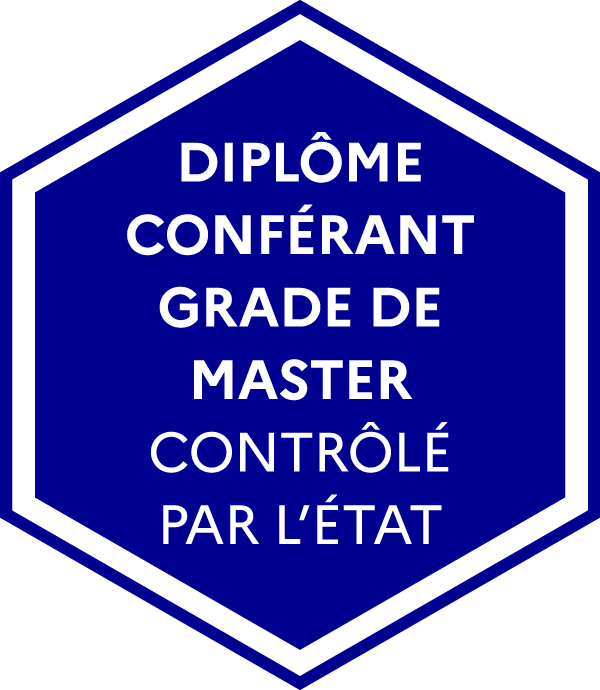Number of hours
- Lectures 20
ECTS
ECTS 2
Goal(s)
Florence Podevin florence.podevin@phelma.grenoble-inp.fr
Content(s)
Lectures
- Fabrication process in clean-room
- From sand to silicon wafer
- Cleaning techniques
- Material deposition: epitaxy, sputtering, chemical vapor deposition
- Material transformation: wet and dry oxidation
- Doping: diffusion, ionic implantation
- Lithography
- Chemical etching, physical etching, chemical mechanical polishing
- Standard technologies front-end and back-end, CMOS for digitals and low-frequencies, FD SOI for low consumption, BiCMOS for high frequencies and millimeter waves analogs, silicon interposers for taking advantage of various technologies
- Specific constraints for RF and millimeter waves consideration: dummies, coupling, back-end thickness
- Alternative technologies: MEMS vs varactors
- Alternative technologies: graphene and high mobility channels
The exam is given in english only
1 written exam, 1 hour
1 report + questionnaire on the practical lab
Final mark= 0.5 (exam) + 0.5 (practical lab report + questionnaire)
Lecture is given in English only.
Materials (1, 2), processes (1,2), MEMS (3,4) and Graphene (5)
1. R. Levy, “Microelectronic Materials and Processes,
2. C. Grovenor, “Microelectronic materials”
3. G. Rebeiz, “RF MEMS, theory, Design , and Technologies, Wiley.
4. Mohamed Gad-el-Hak, “MEMS Introduction and Fundamentals”, The MEMS Handbook 2nd Ed.
5. J. Ramsden, “Nanotechnology, an introduction”, Elsevier
French State controlled Master's degree




